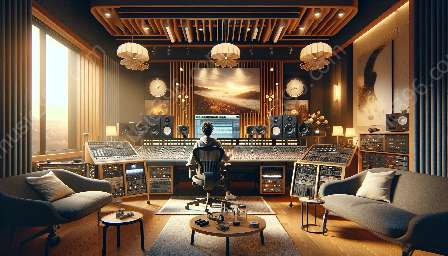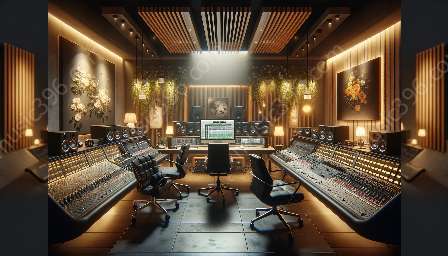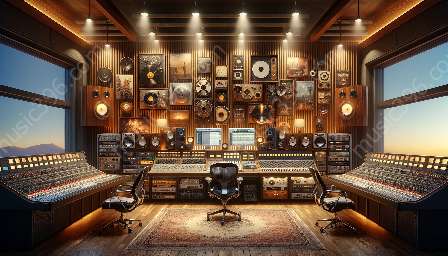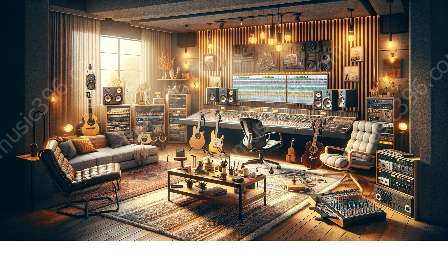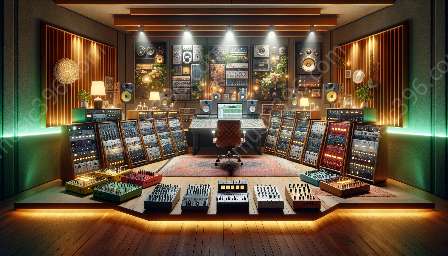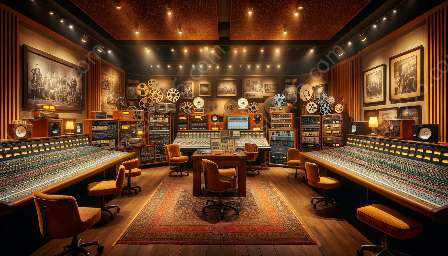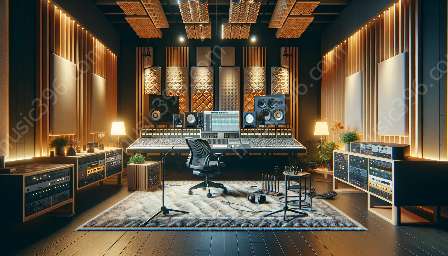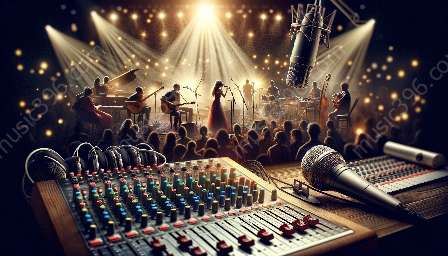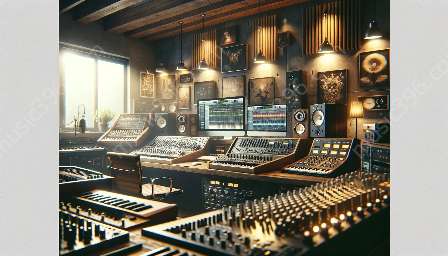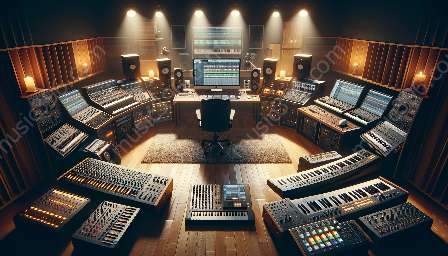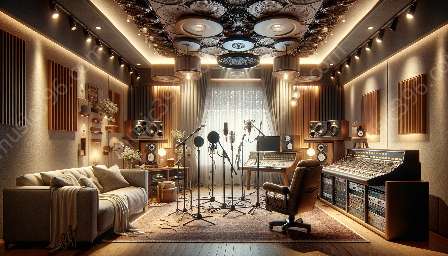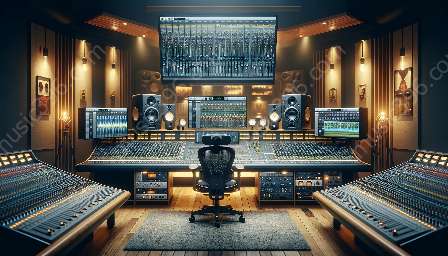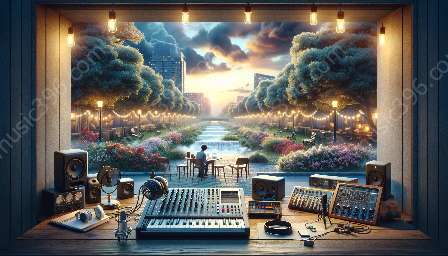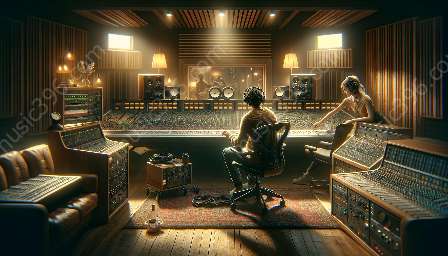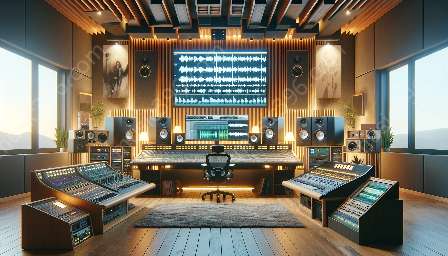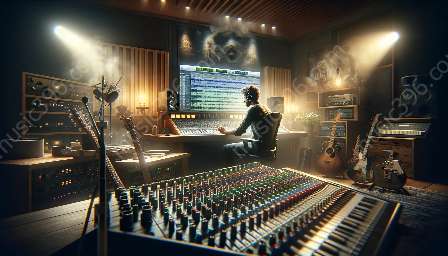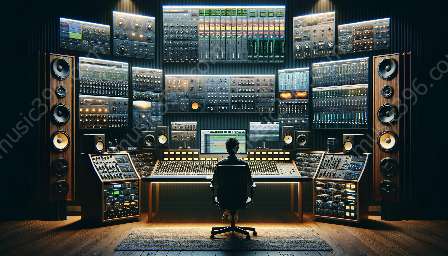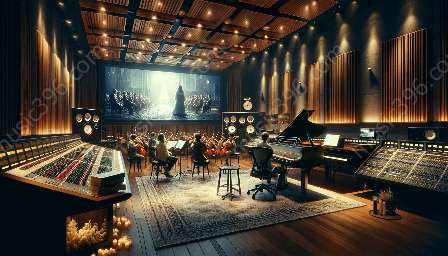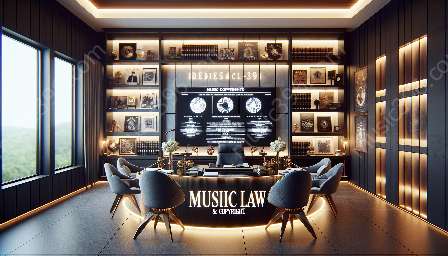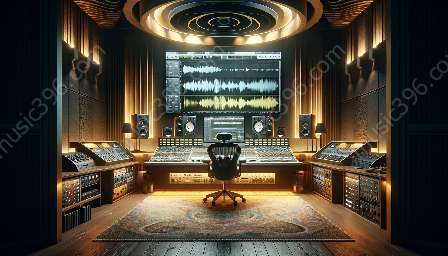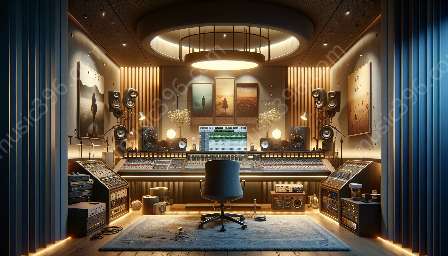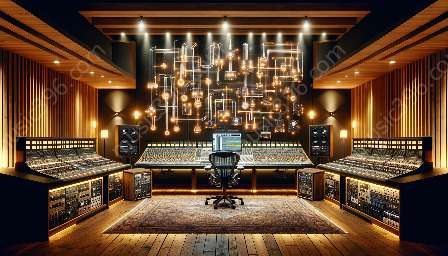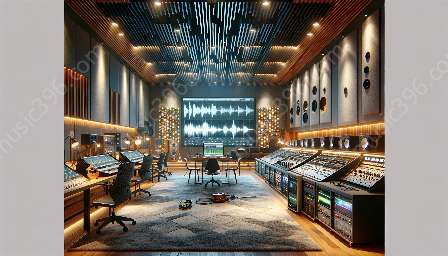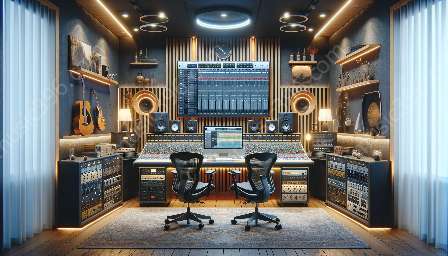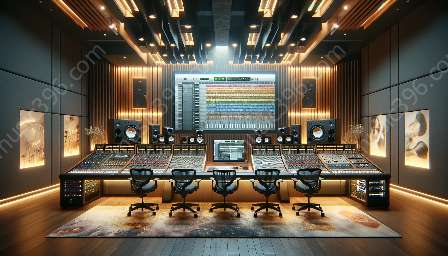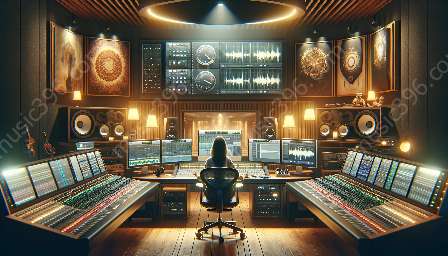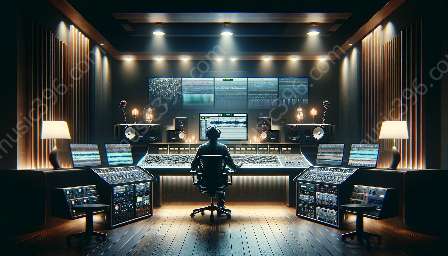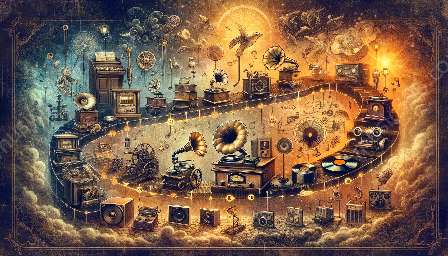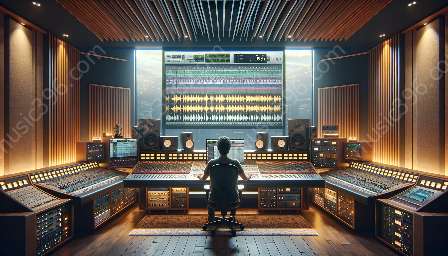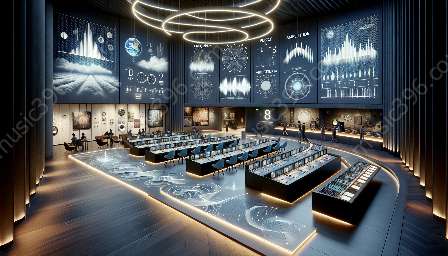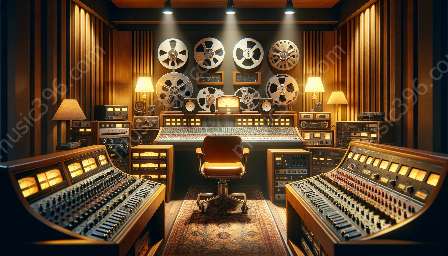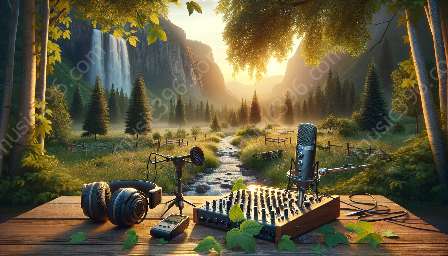Examine the profound impact of film scoring on the music industry and its relevance to soundtrack recording and music recording. Discover how film scores have shaped and influenced the music industry, from classical compositions to modern soundtracks.
Film Scoring and its Influence on the Music Industry
Film scoring, also known as soundtrack recording, is an essential component of the film industry. It involves creating music to accompany and enhance the visual storytelling in movies. The influence of film scoring on the music industry cannot be overstated, as it has played a significant role in shaping the way music is composed, recorded, and consumed.
Historical Evolution of Film Scoring
The history of film scoring dates back to the early days of cinema, where silent films were accompanied by live music performances. With the introduction of sound in films, composers began to create original scores that synchronized with the on-screen action, dialogue, and emotions. Over time, film scoring evolved into a distinct art form, incorporating various musical styles and techniques.
Classical Compositions in Film Scoring
Classical music has had a profound influence on film scoring, with many iconic film scores drawing inspiration from classical composers such as Mozart, Beethoven, and Tchaikovsky. The use of orchestral arrangements and classical motifs in film scores has not only elevated the cinematic experience but also introduced classical music to new audiences.
Impact on Music Recording
Film scoring has had a direct impact on music recording practices. The collaboration between film composers and recording engineers has led to advancements in recording technology, mixing techniques, and sound design. Additionally, the demand for high-quality soundtracks has driven innovation in music recording, leading to new methodologies and equipment.
Modern Soundtracks and Music Industry Trends
In recent decades, the music industry has witnessed a shift towards incorporating modern soundtracks into various media, including films, television shows, and video games. This trend has opened up new opportunities for musicians, composers, and recording artists to showcase their talents and collaborate across different creative industries.
Technological Advancements in Soundtrack Recording
The advent of digital music production and audio recording software has revolutionized the creation and production of film scores and soundtracks. Composers and recording engineers now have access to a wide range of tools and resources to craft immersive and dynamic soundscapes, pushing the boundaries of what is achievable in music recording.
Cross-Pollination of Music and Film Industries
The interplay between film scoring and the music industry has led to a cross-pollination of talent and ideas. Musicians and recording artists have leveraged their expertise in music recording to contribute to film scores, while film composers have integrated elements of contemporary music genres into their soundtracks, creating a symbiotic relationship between the two industries.
Conclusion
By examining the influence of film scoring on the music industry, it becomes evident that the art of creating music for films has significantly impacted the way music is composed, recorded, and consumed. From classical compositions to modern soundtracks, film scoring continues to shape and influence the music industry, driving innovation and collaboration across creative disciplines.


